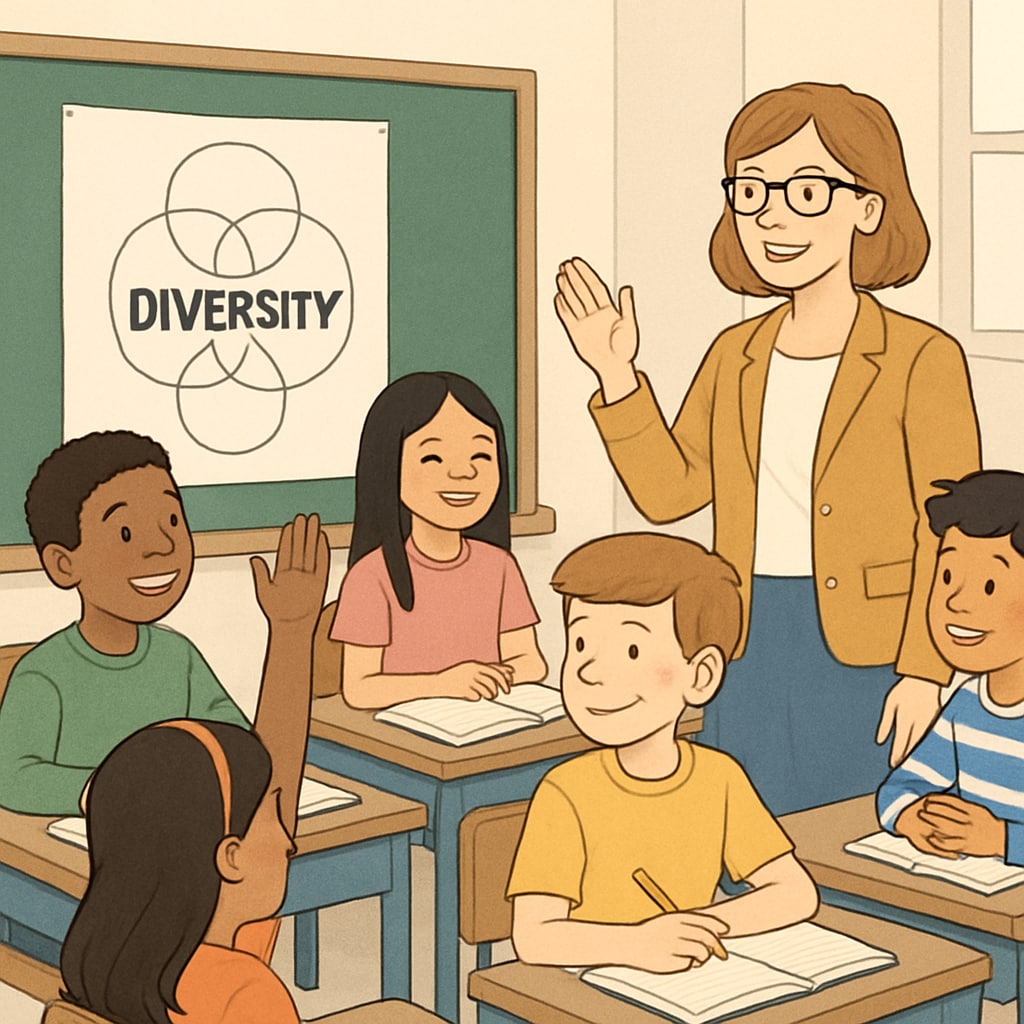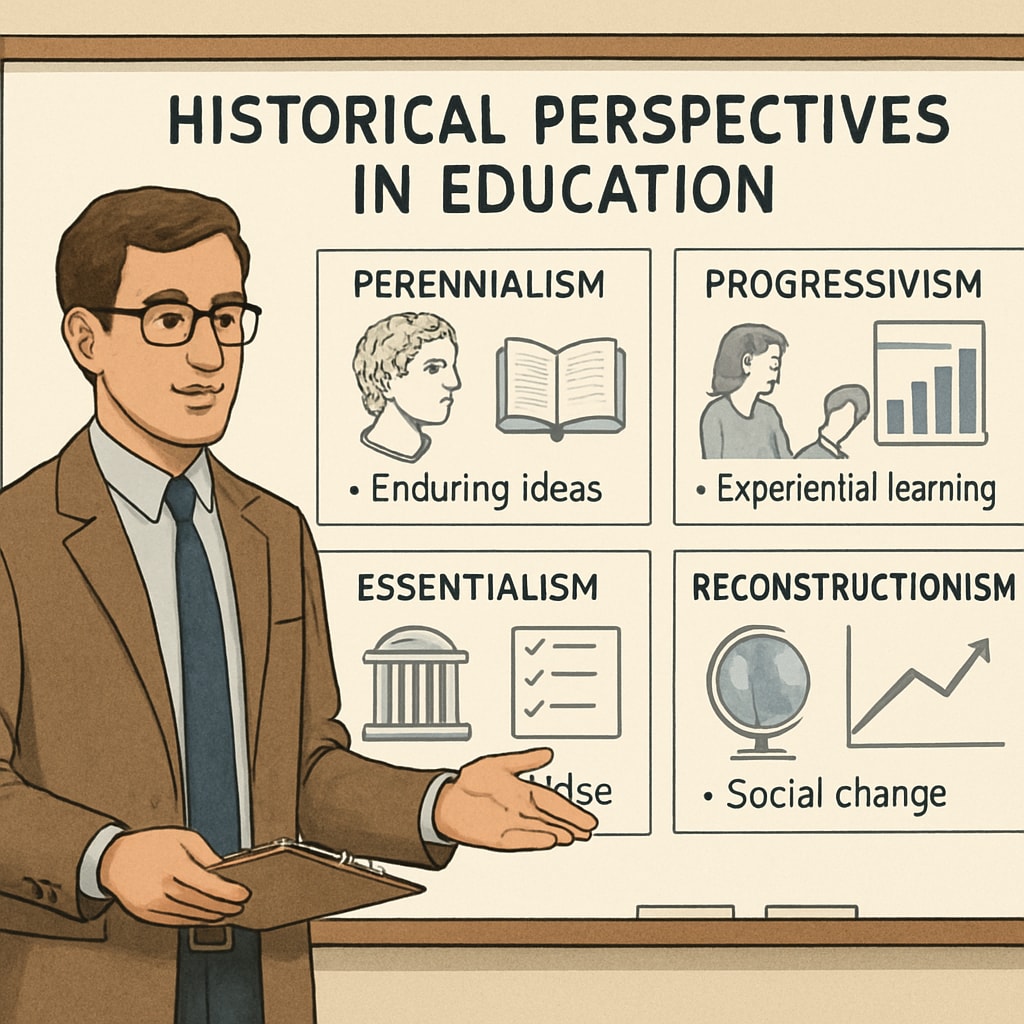Oklahoma’s new policy requiring out-of-state teachers to undergo political ideology screening as part of their application process has sparked significant controversy. This initiative, aimed at aligning educators with the state’s political and social values, raises pressing questions about the impact of such measures on educational freedom, ideological diversity, and the broader implications for K-12 classrooms. Critics argue that this policy risks undermining the principles of unbiased education and threatens to create a teaching environment dominated by rigid ideological conformity.
Exploring the Policy: What Does Political Ideology Screening Entail?
The political ideology screening in Oklahoma targets teachers applying from other states, requiring them to disclose and align their viewpoints with specific state-endorsed values. While supporters claim this measure ensures teachers uphold “community standards,” the vagueness of these standards has drawn criticism. What qualifies as acceptable political alignment? Who decides these criteria, and how are they enforced? These unanswered questions add to the unease surrounding the policy.
For example, educators might face scrutiny over their stance on topics like diversity, equity, and inclusion (DEI) or their approach to teaching historically contentious subjects, such as slavery or civil rights movements. This process inherently risks disqualifying skilled teachers based on subjective ideological assessments rather than their professional qualifications or teaching experience.

The Potential Impact on K-12 Education
The policy could have far-reaching consequences for Oklahoma’s K-12 education system. First, it may deter highly qualified teachers from applying, particularly those who value academic freedom and intellectual diversity. In states already grappling with teacher shortages, policies like this could exacerbate staffing challenges, leaving classrooms understaffed and students underserved.
Furthermore, the emphasis on ideological alignment over professional expertise risks compromising the quality of education. Teachers who feel pressured to conform to state-endorsed viewpoints may limit open discussions in the classroom, reducing students’ exposure to diverse perspectives. As a result, students may graduate with a narrower worldview, less prepared to navigate the complexities of a pluralistic society.
Research from organizations like Britannica emphasizes the importance of diverse viewpoints in fostering critical thinking and innovation. When education prioritizes conformity over diversity, it risks stifling the intellectual growth essential for individual and societal progress.

Balancing Values and Educational Neutrality
While every state has the right to establish educational standards, enforcing political ideology tests raises ethical and practical concerns. Education, at its core, should aim to be value-neutral, providing students with the tools to think critically rather than imposing a singular worldview. Policies like Oklahoma’s risk blurring the line between education and indoctrination, undermining the trust and credibility of public schooling.
In addition, this approach may set a dangerous precedent for other states to follow. If political ideology becomes a prerequisite for teaching, how can we ensure that students receive balanced and comprehensive education? The potential for political agendas to shape curriculum content and classroom discussions should not be underestimated.
Organizations such as Wikipedia’s entry on academic freedom highlight the importance of preserving educators’ autonomy to explore diverse ideas without fear of retribution. This autonomy is essential for maintaining the integrity of education as a public good.
What Comes Next? Advocating for Thoughtful Solutions
In light of these concerns, it is crucial to advocate for policies that prioritize professional qualifications, teaching excellence, and the well-being of students. Instead of political ideology screenings, Oklahoma and other states could focus on fostering inclusive environments where teachers and students alike feel valued and respected, regardless of their beliefs.
Stakeholders, including educators, parents, and policymakers, must collaborate to ensure that education remains a space for critical inquiry and intellectual growth. By doing so, we can safeguard the foundational principles of education and create a brighter future for the next generation.
Readability guidance: This article uses concise paragraphs, active voice, and transition words to ensure clarity. Lists and links to reputable sources enhance accessibility and credibility, providing a balanced exploration of the topic.


